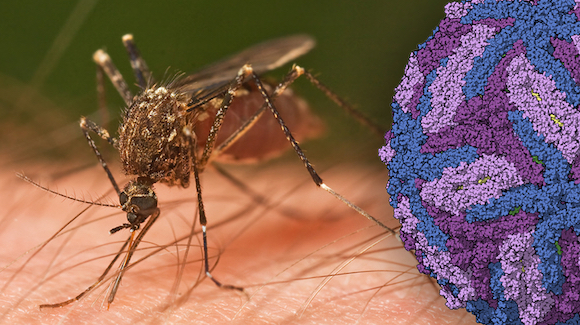NEW YORK (Reuters Health) – Results of a clinical trial of the new, long-acting neuraminidase inhibitor laninamivir octanoate show that it is not inferior to oseltamivir in treating influenza, and in fact is effective against virus strains that have developed resistance to oseltamivir.
The findings are reported in the November 15 issue of Clinical Infectious Diseases, published electronically October 11, by Dr. Akira Watanabe with Tohoku University, Sendai, Japan and colleagues.
Laninamivir octanoate (CS-8958; Daiichi Sankyo) is a prodrug of laninamivir, and is administered by inhalation. Preclinical test results in mice were reported in February 2010, showing that it was active against influenza A and B viruses, including oseltamivir-resistant viruses and 2009 pandemic H1N1 viruses.
In the current study, 1003 patients with flu-like symptoms for no more than 36 hours were randomized to receive laninamivir octanoate as a single inhaled 40-mg or 20-mg dose, or oseltamivir 75 mg b.i.d. for 5 days.
The authors note that the trial excluded high-risk patients, and that it was completed before the pandemic 2009 H1N1 virus became widespread.






